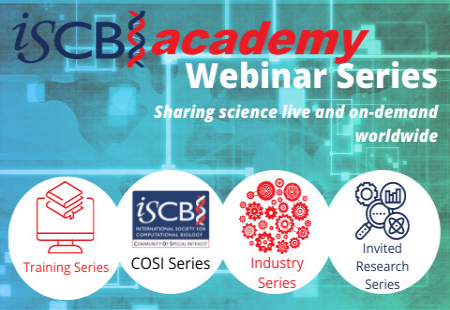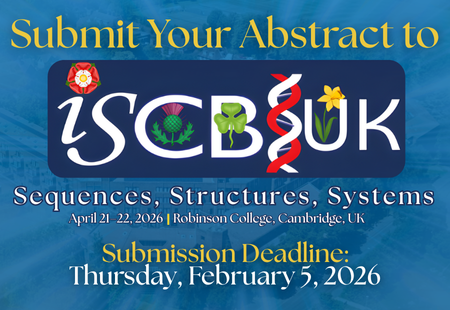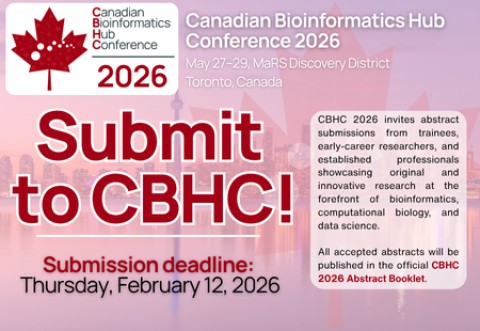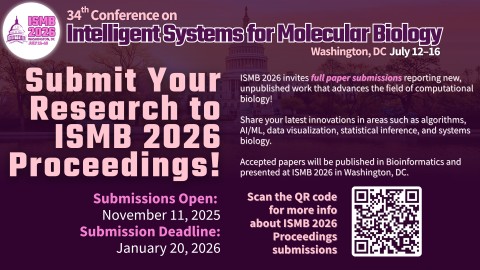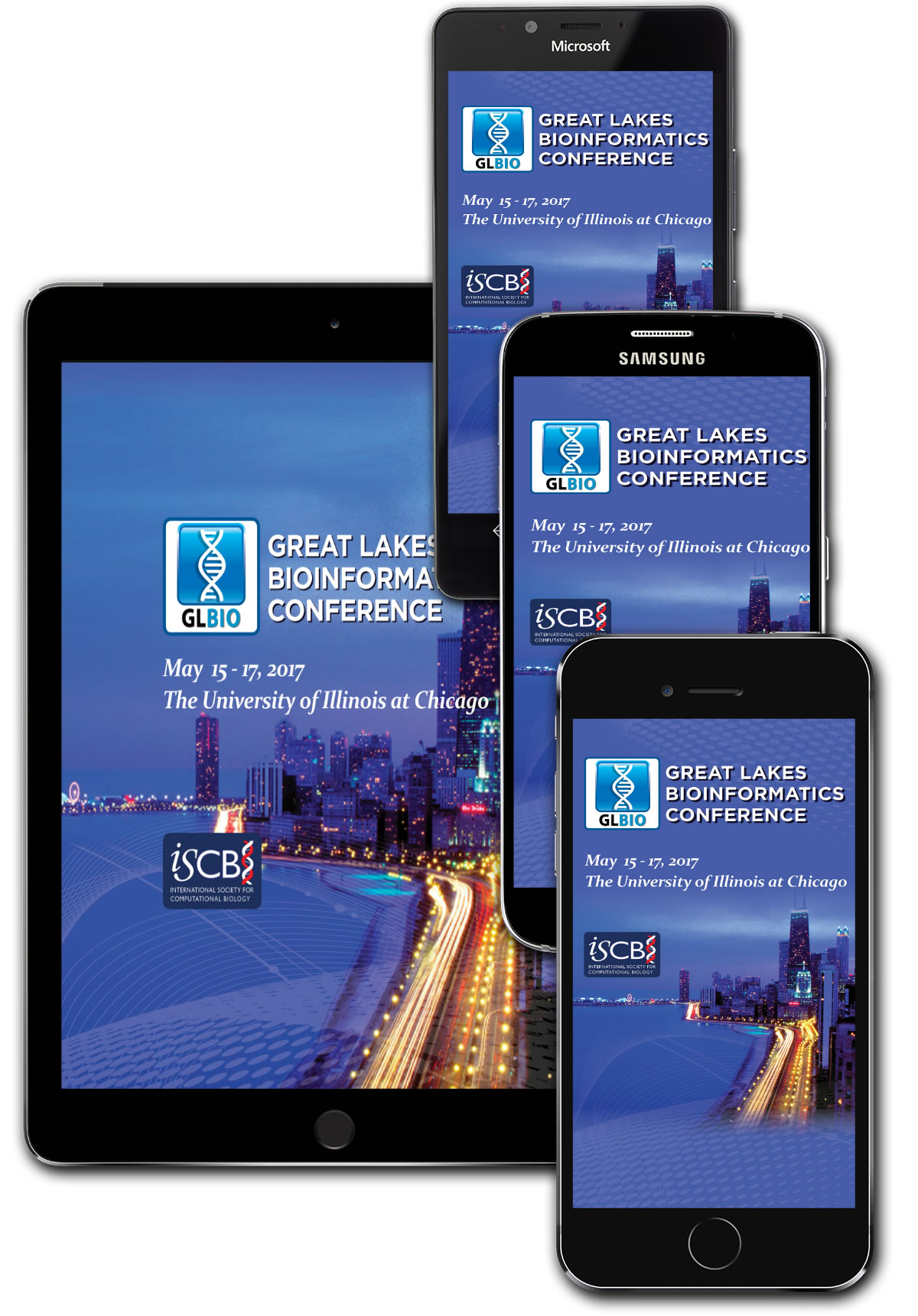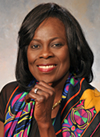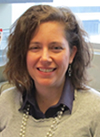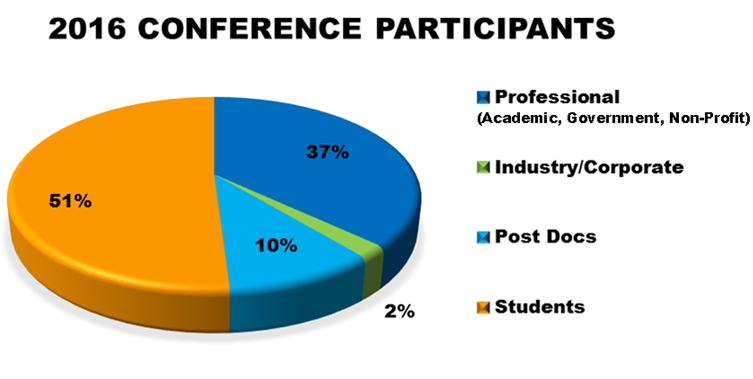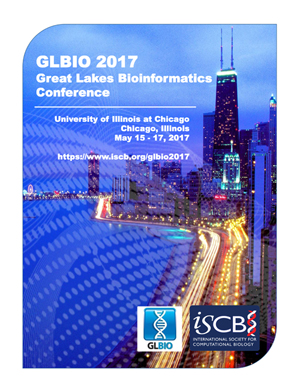SPECIAL SESSIONS
Special Sessions at GLBIO 2017
Many of the sessions listed below will consider submissions for contributed talks, including full papers in addition to our regular track. All such papers should be submitted through EasyChair, by the relevant GLBIO 2017 submission deadline. Please contact the organizer of the individual sessions for more information.
3D Genome Organization in Gene Regulation
Full-day session, accepting abstracts for oral presentations and full papers through EasyChair.
The three-dimensional (3D) organization of the genome is emerging as an important determinant of context-specific gene expression. The 3D organization of the genome facilitates long-range gene regulatory interactions between regulatory DNA sequence and a target gene that can be hundreds of kilobases away. Recent advances in chromosome capture conformation (3C) technologies have resulted in an unprecedented growth of available datasets across multiple organisms, cell types, and time points. However, new computational methods are needed to most effectively analyze and interpret these data. This session aims to bring together computational and experimental biologists to discuss new opportunities and challenges in the 3D genome organization area. The session will feature a collection of invited talks and selected talks from submitted papers.
Organizers: Ferhat Ay (La Jolla Institute for Allergy and Immunology) and Sushmita Roy (Wisconsin)
Contact emails: ferhatay "at" lji.org and sroy "at" biostat.wisc.edu
Analyzing your data in PATRIC: Assembly, annotation, SNPs, RNA-Seq, with a suite of comparative genomic and transcriptomic tools
Half-day tutorial. Will not accept submissions.
The PATRIC bioinformatics resource center provides a unique experience, where researchers can see their private data "virtually integrated" with the public genomic data available for bacteria or archaea. Private data can be run through assembly and annotation pipelines, stored in a private workspace, and then compared using the suite of analysis tools provide by PATRIC. In this hands-on workshop, researchers will use their own computers and upload raw reads, create an assembly, annotate the contigs, and compare them with any of the 10,000s of genomes publically available in PATRIC.
Organizer: Rebecca Wattam (Virginia Tech)
Contact email: rwattam "at" vbi.vt.edu
Bench-and-Computational Matching
Half-day session is an interactive tutorial. Will not accept submissions.
The MiB@GLBIO session (Matchmaking in Bioinformatics, BTW) will have a series of quick talks about specific tools and resources, followed by "speed-dating" time (hence, the matchmaking theme), where tool developers/analysis experts will briefly interact with bench scientists/novice researchers to determine whether future conversations/collaborations are useful and whether they have interests in common. Major topics of broad interest, such as RNA-seq isoform specificity, Chromatin Accessibility, and Evolution, will be included.
Organizers: Ewy Mathé (Ohio State), Helen Piontkivska (Kent University), and Ben Busby (NIH)
Contact emails: ben.busby "at" nih.gov, opiontki "at" kent.edu, and ewy.mathe "at" osumc.edu
Bioinformatics Education
Half-day session, accepting abstracts for oral presentations through EasyChair.
Education is a critical area of focus for the bioinformatics and computational biology community, as the rapid development of the field combined with the diverse backgrounds of learners makes the delivery of high quality education challenging. In this session speakers will present their views on what we are doing well now in bioinformatics education, and what we need to improve upon in the future, in undergraduate education, graduate education, and professional development. A roundtable discussion engaging the presenters and the audience will cap off the session.
Organizer: Michael Sierk (St. Vincent College)
Contact email: michael.sierk "at" stvincent.edu
Biological Data Visualization
Half-day session, accepting abstracts for oral presentations through EasyChair.
Visualization is an increasingly important component in the effective analysis of large biological datasets. The Biological Data Visualization session at GLBIO is an interdisciplinary event for all aspects of visualization and visual analytics in biology. it brings together researchers from the visualization, bioinformatics, and biology communities with the purpose of educating, inspiring, and engaging visualization researchers in problems in biological data visualization as well as educating and engaging bioinformatics and biology researchers in state-of-the-art in visualization research.
Organizers: G. Elisabeta Marai (UIC) and Angus Forbes (UIC)
Contact emails: gmarai "at" uic.edu and aforbes "at" uic.edu
Challenges and opportunities in precision medicine
Full-day session, accepting abstracts for oral presentations through EasyChair.
Advances in computing have created a data-driven revolution in biology and promises to guide the development of precision medicine. This special session will bring together scientists from biology and computer science to explore emerging topics in personalized medicine including genomics across diverse populations, EHR analytics, and drug discovery.
Organizers: Heather Wheeler (Loyola University Chicago), (Hammad Naveed (Toyota Technological Institute at Chicago) and Aly Khan (Toyota Technological Institute at Chicago)
Contact emails: hwheeler1 "at" luc "dot" edu, hammad "dot" naveed "at" ttic "dot" edu, and aakhan "at" ttic "dot" edu
Host-Microbiome Intractions: data analysis, modeling, and applications
Half-day session, accepting abstracts for oral presentations and full papers through EasyChair.
Advances in metagenomics sequencing, environmental proteomics and metabolomics have enabled researchers to peer into previously invisible ecosystems of prokaryotes, eukaryotes, and viruses. The influx of data has created a wealth of opportunity for novel trans-omics computational and informatics approaches to viewing the living world and to predict how microbiome communities affect their hosts. This half-day session will present research in analyzing, modeling, and understanding host-microbiome interactions.
Organizers: Yang Dai (UIC) and Peter Larsen (Argone National Lab)
Contact emails: yangdai "at" uic.edu and plarsen "at" anl.gov
Multi-scale Modeling of Microbial Communities
1.5-day session, accepting abstracts for oral presentations and full papers through EasyChair.
Microbial populations have wide ranging influence that extends well beyond the length-scale of a single microbe. Multi-scale modeling enables us to investigate the emergent ecological properties stemming from interactions among microbes and their interactions with the environment. This session will cover a wide range of topics, including: community metabolic modeling, evolutionary ecology, and metagenome assembly.
Co-chairs: Nicholas Chia (Mayo Clinic) and Kalin Vetsigian (University of Wisconsin-Madison)
Contact emails: chia.nicholas "at" mayo.edu and kalin "at" discovery.wisc.edu
Phylogeography of Viruses
Full-day session, accepting abstracts for oral presentations and full papers through EasyChair.
Phylogeography studies the geographical lineages of species, including viruses, and uses nucleotide sequences to estimate their geographic diffusion and genetic diversity over time. For pathogens, RNA viruses are favorable to study because of their shorter genomes and more rapid rates of mutations. This session will bring together scientists who study phylogeography of viruses including theoretical and applied researchers.
Organizers: Matthew Scotch (Arizona State University), Justin Bahl (University of Texas Health Science Center), Tommy Tsan-Yuk Lam (University of Hong Kong), and Marc A. Suchard (UCLA)
Contact email: matthew.scotch [at] asu [dot] edu

